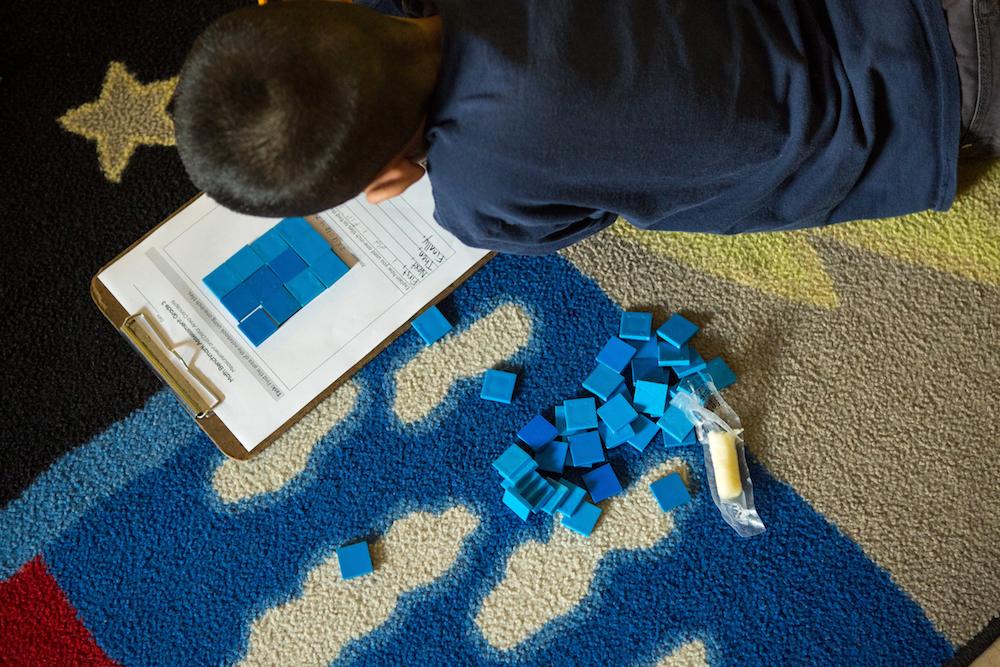Reframing Learning in the Time of COVID-19
As the state and school districts provide essential services, we hope you’ll share these strategies to help bring peace of mind to kids and families at home.

Beyond the inherent stress of a public health crisis, Oregon families and communities are facing all kinds of extraordinary pressures while schools are closed. As the state and school districts step in to provide essential services, we hope you’ll share these strategies to help bring peace of mind to kids and families at home:
Mental health experts at the Child Mind Institute have published a guide for talking to children about COVID-19. Their advice, available in English and Spanish, reflects the trauma-informed practices that educators are adopting across Oregon.
To help make sense of a rapidly evolving situation, University of Michigan public health scholar Aubree Gordon breaks down key questions families may have about the connection between children, school closures, and COVID-19.
Sam Chaltain, a partner at the global design collaborative 180 Studio, has published a parent guide to homeschooling during COVID-19. Rather than “recreating the images you have in your head of what school is supposed to look like, feel like, and do,” Chaltain invites families to reconsider outdated notions of structured learning during this sudden influx of time at home.
With the sheer volume of learning resources available online, where should families with children at home begin? As a jumping-off point, this curated list from The 74 offers suggestions that are “meant to encourage and not overwhelm.” Looking for more? The Learning Policy Institute is regularly updating an in-depth list of online learning resources designed for both families and educators, including supports for social emotional learning, for English learners, and for students with disabilities.
While they're at home, Oregon families may find Census materials in their mailbox. Before filling out their forms, they can spend a minute on Sesame Street with their children to learn why it's so important to count all kids in the 2020 Census. Newborn babies and children under 5 have often been missed in previous counts—so as we adjust to social distancing, it's even more critical to get the word out!
The first episode explores big questions: What was the intention behind Senate Bill 13? What can it look like to teach Indigenous Studies as a white teacher?
We're thrilled to welcome Louis Wheatley to our team as FBO/Chalkboard Project's Strategic Communications Director.
Amanda brings creative leadership and deep commitment to social justice to her work as Director of Public Policy and Government Affairs at FBO/Chalkboard Project.
Community leaders exchange ideas and strategies to fulfill the vision of the Student Success Act.
Looking ahead to 2021, FBO/Chalkboard Project is committed to rekindling this momentum with a policy agenda that centers children, families, and communities.
We’re witnessing the value of Oregon's teachers and early learning providers, doctors and nurses, public servants, and so many more.
Sign up for our newsletter to get the latest news, resources, and more from Foundations for a Better Oregon.